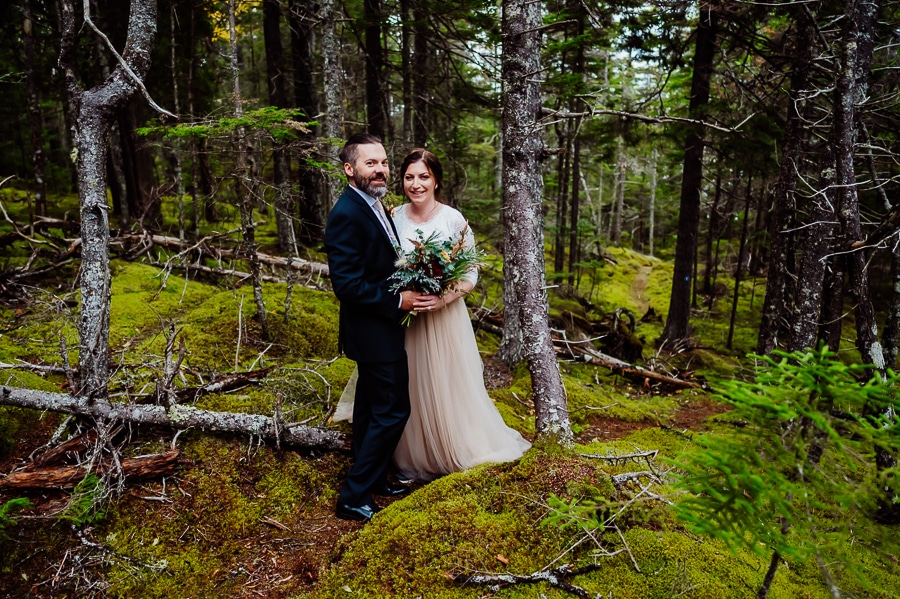Unveiling the Controversy: Copyright & Image Ownership in the Digital Age
Copyright and Image Ownership for photographers revolves around the rights and control over the photographs taken during a wedding event. This topic often sparks debates and disagreements between photographers, couples, and even guests. The controversy stems from differing perspectives on who should have the rights to the images, how they can be used, and whether additional fees should be charged for certain usages.
Some key points of contention include:
- Ownership and usage rights: Couples may assume that as the subjects of the photographs and the ones paying for the service, they automatically own the rights to the images. On the other hand, photographers argue that they should retain the copyright since they captured the photos and invested their skill and equipment into the process.
- Exclusive vs. non-exclusive rights: There is often a disagreement about whether the couple should have exclusive rights to the photographs, meaning that the photographer cannot use them for self-promotion or publication without their permission. Some photographers argue that they should be able to use the images to promote their work and build their portfolio.
- Image sharing on social media: Photographers might want to share a selection of wedding photos on their social media platforms or websites to showcase their skills and attract potential clients. However, couples may have privacy concerns or wish to have control over which images are shared publicly.
- Image editing and manipulation: Another point of controversy arises when it comes to editing and retouching wedding photographs. Couples may have different preferences regarding the level of retouching or editing done to their images, while photographers may have their own artistic vision and professional standards.
- Print and album rights: There can be disputes regarding the rights to print and distribute the wedding photographs. Some couples may expect to receive high-resolution images and full printing rights, while photographers may want to retain control over the printing process and charge additional fees for prints or albums.
It is essential for both photographers and couples to discuss and clarify these aspects before entering into a contract to ensure transparency, avoid misunderstandings, and preserve the trust and satisfaction of all parties involved.
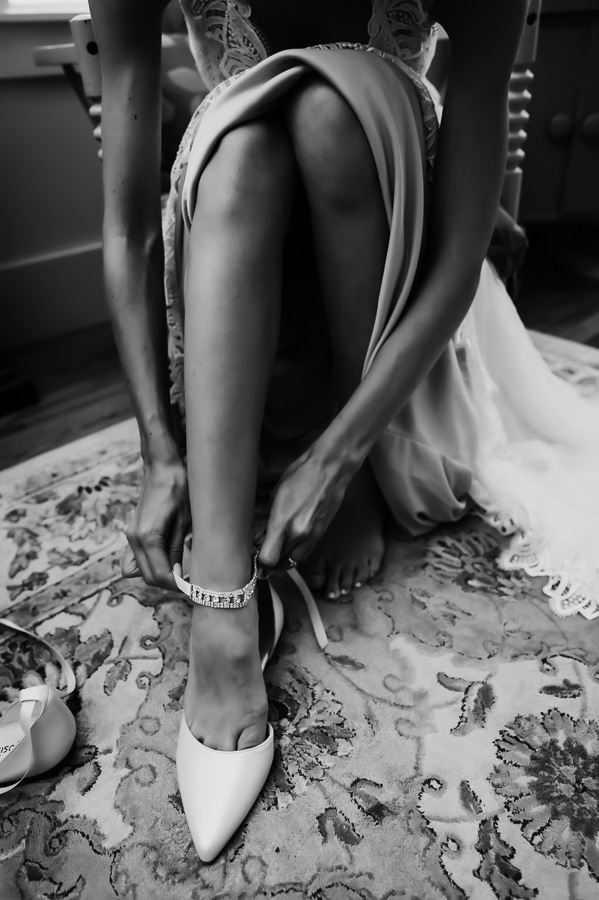

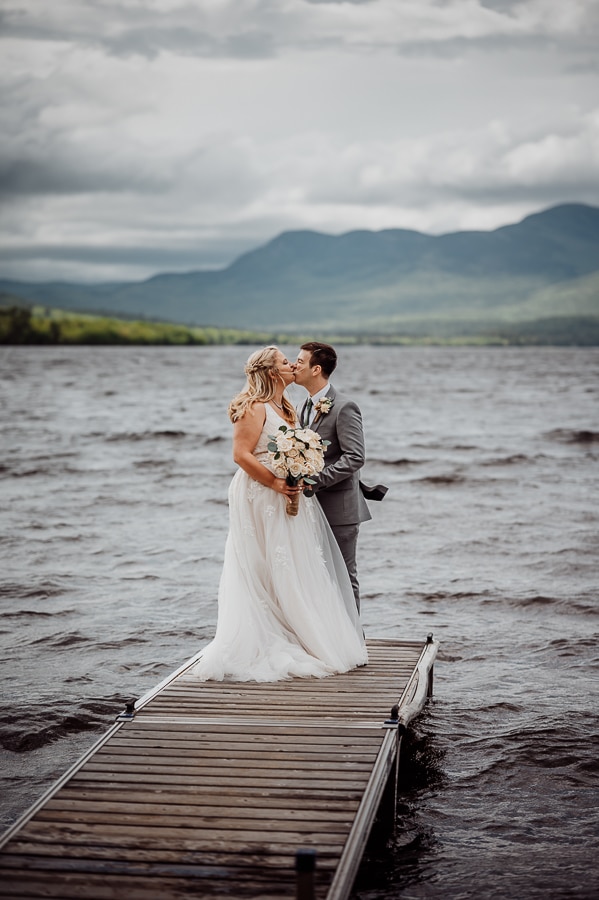
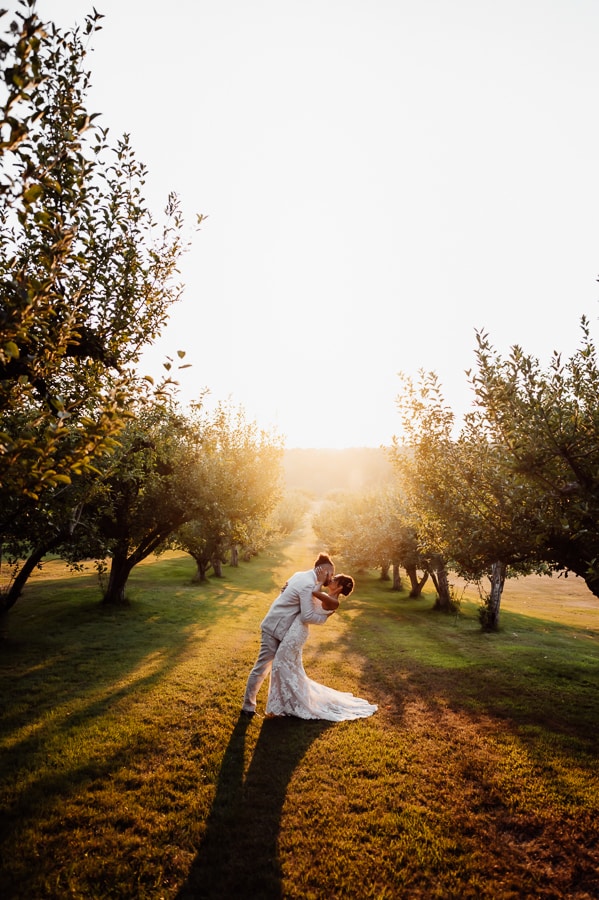
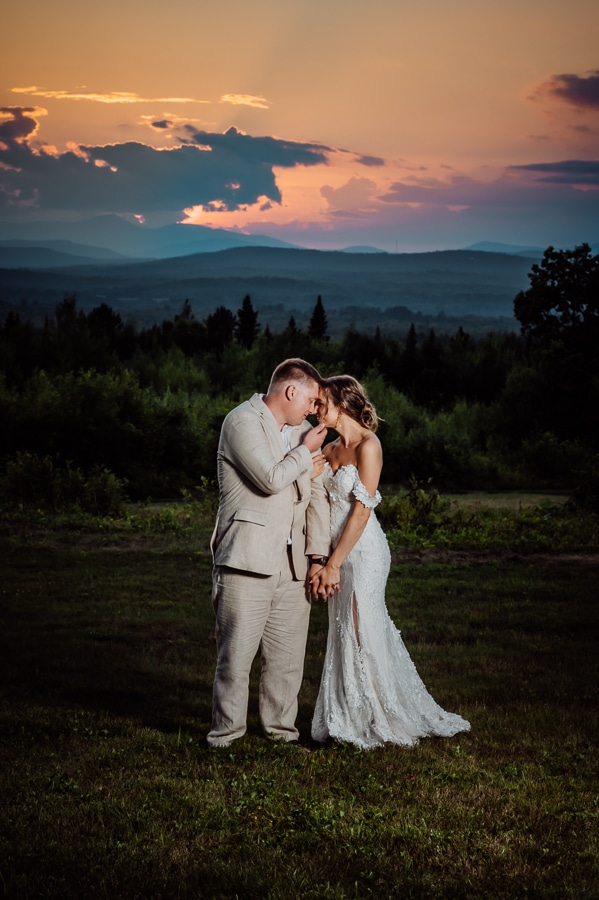
Weddings are joyous celebrations filled with precious moments and memories that couples want to cherish forever. To capture these special moments, couples often hire professional wedding photographers. However, amid the excitement of planning a wedding, an underlying controversy can arise: the issue of copyright and image ownership. In this blog post, we delve into the world of wedding photography and explore the contentious topic that surrounds who owns the rights to these captured memories.
Understanding Copyright in Wedding Photography: Copyright is a legal concept that grants exclusive rights to the creator of an original work. In the context of wedding photography, copyright is automatically granted to the photographer who clicks the shutter and captures the images. This means that, by default, photographers own the rights to the wedding photographs they take.
Ownership vs. Usage Rights: While photographers may own the copyright, the question of who has the usage rights to the images is where the controversy lies. Couples often assume that as the subjects of the photographs and the ones paying for the service, they should have full control over the images. On the other hand, photographers argue that they should retain the copyright because they invested their time, skill, and equipment into capturing those images.
Exclusive vs. Non-Exclusive Rights: Another aspect of the debate revolves around exclusive versus non-exclusive rights. Couples may desire exclusive rights, meaning that the photographer cannot use the images for self-promotion or publication without their permission. Photographers, however, may argue that they should have the freedom to showcase their work, attract potential clients, and build their portfolio using the images they captured.
Navigating the Controversy: To ensure a clear understanding between couples and photographers and avoid potential disputes, it is crucial to address copyright and image ownership in the contract or agreement. Here are some points to consider:
-
Communication and Transparency: Open and honest communication is key. Couples should express their expectations regarding image ownership and usage rights, while photographers should clearly outline their policies and any restrictions.
-
Written Agreement: A well-drafted contract or agreement is essential. It should explicitly state who owns the copyright and define the permitted uses of the images. Both parties should carefully review and discuss the terms before signing.
-
Image Selection and Delivery: Discuss the process of selecting and delivering the final images. Specify whether watermarked or low-resolution images will be provided for online sharing and whether high-resolution images will be delivered for personal printing.
-
Social Media and Online Presence: Determine the photographer’s rights to share a selection of wedding photographs on their social media platforms or website. Consider any privacy concerns and the couple’s desire for control over which images are shared publicly.
-
Editing and Retouching: Clearly communicate expectations regarding image editing and retouching. Discuss the level of retouching desired and any limitations on altering the photographs.
-
Prints and Albums: Address the rights and permissions for printing and distributing the images. Discuss whether the couple will receive high-resolution files and full printing rights, or if the photographer will retain control over the printing process, charging additional fees for prints or albums.
Conclusion: Copyright and image ownership in wedding photography can be a controversial topic that requires careful consideration and open dialogue between couples and photographers. By openly discussing expectations, clarifying rights, and documenting agreements in a well-drafted contract, both parties can navigate this contentious issue and ensure a positive and satisfying experience. Remember, effective communication and mutual understanding are key to preserving the beauty of these captured memories while respecting the rights of all involved.
Understanding Copyright Ownership: Protecting Creative Works
In today’s digital age, the concept of copyright ownership holds significant importance in protecting the rights of creators and their original works. Whether you’re an artist, writer, photographer, or musician, understanding copyright ownership is essential for safeguarding your creative endeavors. In this blog post, we will explore what copyright ownership means, its benefits, and how it empowers creators to control and protect their intellectual property.
Defining Copyright Ownership: Copyright ownership refers to the legal rights granted to the creator or author of an original work. It provides exclusive control over the reproduction, distribution, display, and performance of the work. In other words, copyright ownership allows creators to decide how their work is used and who can benefit from it.
Rights Granted to Copyright Owners: When a creator obtains copyright ownership, they are granted a bundle of exclusive rights, which typically include:
- Reproduction Right: The right to reproduce or make copies of the work in any form, including print, digital, or audiovisual formats.
- Distribution Right: The right to control the distribution of copies of the work, whether through physical or digital means, ensuring that unauthorized copies are not made available to the public.
- Display Right: The right to publicly display the work, such as exhibiting artwork, showcasing photographs, or projecting audiovisual content.
- Performance Right: The right to publicly perform or present the work, which applies to live performances, theatrical productions, musical compositions, and other creative expressions.
- Derivative Work Right: The right to create derivative works based on the original, such as adaptations, translations, or remixes.
- Attribution Right: The right to be recognized as the creator of the work and to control how the work is attributed to them.
Benefits of Copyright Ownership: Copyright ownership offers creators several key benefits, including:
- Protection: Copyright ownership provides legal protection against unauthorized use, reproduction, or distribution of the work. It serves as a deterrent against plagiarism, infringement, and the misappropriation of creative works.
- Control: Copyright ownership empowers creators to control how their work is used, ensuring that it aligns with their artistic vision and intentions.
- Financial Rewards: By retaining copyright ownership, creators can benefit financially from their work through licensing, royalties, or other forms of compensation for authorized uses.
- Recognition and Reputation: Copyright ownership allows creators to establish their authorship and maintain control over the integrity and reputation of their work.
- Creative Freedom: Copyright ownership encourages and fosters a climate of creative freedom, enabling creators to explore and express their ideas without fear of unauthorized exploitation.
Protecting Copyright Ownership: In many countries, copyright protection is automatic upon the creation of an original work. However, to strengthen the legal standing and enforcement of copyright ownership, creators can take additional steps, such as:
- Copyright Notice: Displaying a copyright notice (©), along with the creator’s name and the year of creation, informs others of the copyright ownership and acts as a deterrent against infringement.
- Registration: Registering the work with the appropriate copyright office provides additional legal benefits, such as the ability to pursue statutory damages and attorney’s fees in case of infringement.
- Licensing: Granting licenses for authorized use of the work allows creators to control and generate revenue from its utilization while ensuring compliance with copyright laws.
- Contracts and Agreements: Using well-drafted contracts or licensing agreements clarifies the rights and permissions granted to others, ensuring that both parties understand and respect copyright ownership.
Conclusion: Copyright ownership is a vital aspect of protecting and empowering creators in the creative industries. By understanding the rights granted, the benefits provided, and the steps to safeguard copyright ownership, creators can preserve their artistic integrity, control the use of their works,
